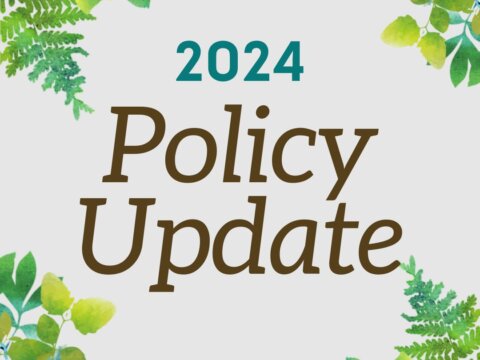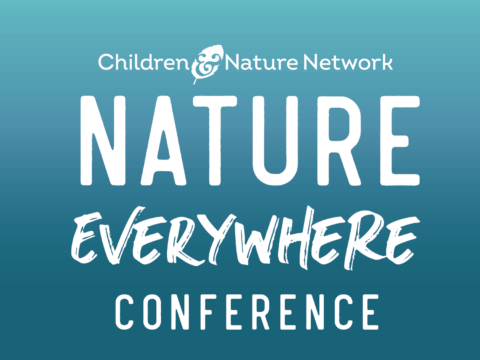
Ary Amaya is 27 acres into an Indigenous-led reforestation of L.A. She’s far from done
Graduate student and educator Ary Amaya’s work bridges academia and Indigenous wisdom to ensure that Native ecology drives local land management. Amaya spearheads an Indigenous-led reforestation initiative spanning 27 acres in Los Angeles, California, partnering with local students to take ground observations, monitor newly planted trees and measure canopy coverage. “These students are helping us think about how we as Indigenous people not only reforest and reenvision what ecological restoration looks like in the city,” Amaya explains, “but also how that’s rooted in Indigenous sovereignty and self-determination.” UCLA Newsroom.
Read MoreConnecting children with nature to improve mental well-being
As rates of anxiety and depression among youth continue to rise, nature emerges as a powerful ally. Studies show that spending time in green spaces improves well-being, memory and social connections while reducing stress and ADHD symptoms — highlighting the urgent need for fair access to nature. “We would be remiss not to provide equitable access to all kids,” reports Cathy Jordan, Children & Nature Network’s director of research, “especially those who have the most to gain.” American Psychiatric Association.
Read MoreEarth Day reminds us that access to nature isn’t equal, especially for Black children
Across the U.S., access to safe, welcoming green spaces is disproportionately distributed. Discriminatory land and housing policies, as well as other methods of systemic segregation, have excluded Black communities, Indigenous communities and other people of color from public lands and natural spaces. “Kids experience and navigate life through play, and not having access to great places to play is detrimental to their full development,” explains Lysa Ratliff, CEO of KABOOM!. “We know what we need to do. We just need to build more playgrounds and parks for our kids.” The Grio.
Read MoreResearchers find children are significantly more imaginative in nature play spaces
In a recent study from the University of South Australia, researchers explored the impact of nature play areas versus manufactured play spaces on children’s development. They found that children aged 3 to 5 demonstrated more imagination and social interaction in nature play areas, where they spent over half their time when given the choice between the two spaces. The Sector.
Read MoreMy adult kids found themselves in nature. Will my youngest lose herself in her phone?
While hiking in Idaho, journalist and mom Tracy Ross confronted both the difficulties of raising children in the age of screens and the looming threat of climate change. In this heartfelt piece, Ross explores how time outside has shaped her family and how she hopes to inspire her youngest daughter to connect with nature in a world where cell phones reign — a sentiment echoed in global initiatives like Screen-Free Week, which encourages families to step away from screens to experience more peace, connection and fun. Vox.
Read MoreThe indoorsy person’s guide to the great outdoors
Despite the well-documented benefits of nature, many face social, structural and systemic barriers to accessing green spaces. Plus, camping, dirt and mosquitos don’t always sound like a fun time to everyone — we get it! In this article, discover how to find a personalized version of connecting with nature that suits you best. “Nature is all around us, even in the most urban places in the world,” explains Yvette Stewart of Audubon Texas. “If people want to start tuning into it, the best thing to do is just pause outside.” Vox.
Read More-
Feature
GROWING POWER: Urban Roots connects young people with natural spaces, food systems – and one another
-
Feature
Nature photographer Dudley Edmondson has a vision for the representation of Black and Brown faces in the outdoors
-
Network News
Community Spotlight: Prescribe Outside
-
Richard Louv
SPRING FORWARD! 12 Ways to Make Sure Your Kids (and You) Get the Right Dose of VITAMIN N this Spring — and Summer, Too
-
Voices
Placemaking: How to build kinship and inclusive park spaces for children with disabilities
SUPPORT OUR WORK
Help us make sure that all children live, learn and grow with nature in their daily lives.
Donate Membership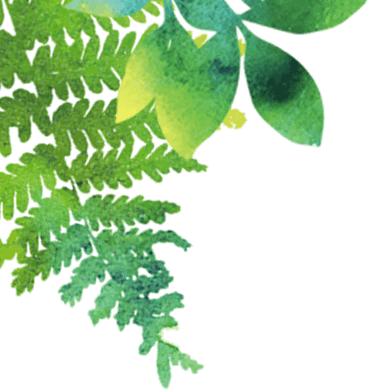

)
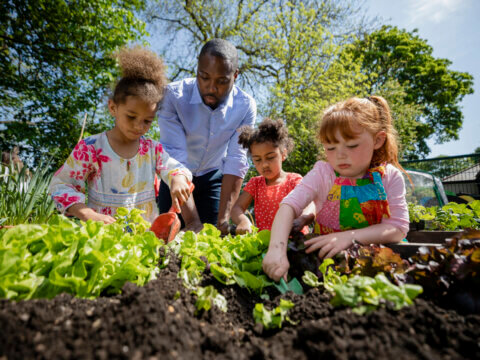)
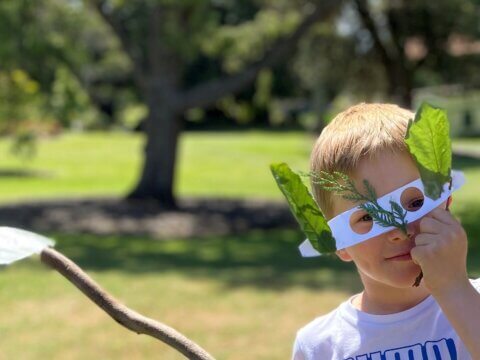)
)
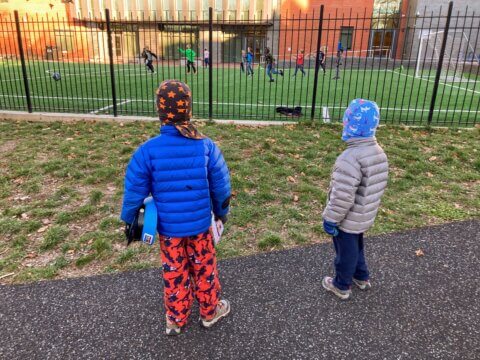)
